Mideast 'quartet' mulls response to Palestinian unity
 The sponsors of the Middle East peace process met on Wednesday in Cairo to discuss a common response to the much-awaited formation of a Palestinian unity government, diplomats told AFP.
The sponsors of the Middle East peace process met on Wednesday in Cairo to discuss a common response to the much-awaited formation of a Palestinian unity government, diplomats told AFP.
A coalition cabinet would pave the way for lifting a crippling Western blockade on aid to the Palestinians but president Mahmud Abbas' stuttering efforts have been hindered by relentless violence.
"There are legal reasons for which major donors find themselves unable to even engage with the current government," top UN envoy Alvaro de Soto told reporters after the meeting.
"So everyone is looking forward, with great expectation, to the results of the efforts led by president Abbas to form a new, agreed government, one with which the international community would find it possible to engage further."
The Palestinian Authority's two top donors -- the United States and European Union -- slapped a freeze on aid after the radical Hamas formed a government in March, demanding the Islamist movement recognise Israel.
Abbas, who met Egyptian President Hosni Mubarak in Cairo earlier Wednesday, has been seeking a compromise to include his mainstream Fatah movement in a coalition with Hamas.
But top Hamas officials insisted Tuesday that the next government would not recognise the Jewish state, dealing a blow to unity talks which already collapsed once in September.
The other officials who took part in the meeting were top US envoy David Welch and his counterparts from Russia and the European Union, Sergei Iacovlev and Marc Otte respectively.
"The aim of this meeting is to come up with a common analysis of the situation and consider the next move, in particular if and when the Palestinians form a national unity government," Otte said before the meeting.
Otte also told AFP that he and his counterparts would attempt to seal a quartet meeting at the ministerial level by the end of the year. "We need to have a more sustained working relationship with our partners in the region."
De Soto confirmed that the meeting had examined means of including Israel and some Arab countries more effectively in the quartet's consultations.
The meeting came after a draft UN Security Council resolution that would have condemned a deadly Israeli raid in northern Gaza last week was vetoed by Washington, sparking the ire of Arab governments.
"It is quite clear that the message of dissatisfaction in what the (UN) Security Council was able to do was felt rather strongly," de Soto told reporters.
Following the death of 19 Palestinian civilians -- including women and children -- in the November 8 shelling of Beit Hanun, militant groups vowed to resume attacks inside Israel.
Israel says its operations are aimed at ending rocket fire on its territory from the Gaza Strip and freeing an Israeli corporal who was captured by Palestinian militants on June 25.
An Israeli woman was killed earlier on Wednesday when Gaza militants fired a rocket on the town of Sderot.
"We have to find a way out of this cycle of revenge and reprisal. This is why the international community must plan in order to prevent extremists from dictating their scenario," Otte told AFP.
Arab League deputy chief Ahmed Ben Helli recently hit out at the quartet for not doing enough to rein in the deadly offensive launched by Israel.
The quartet envoys were expected to hold further separate meetings in Cairo on Wednesday, notably with Egyptian Foreign Minister Ahmed Abul Gheit.

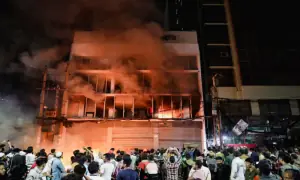


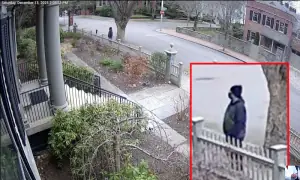
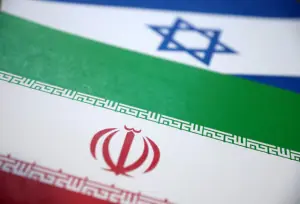


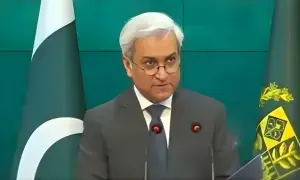
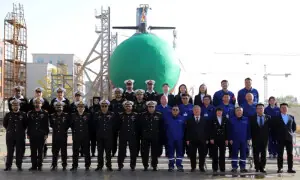
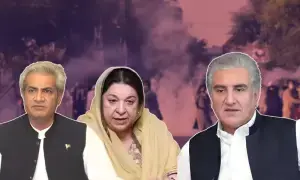
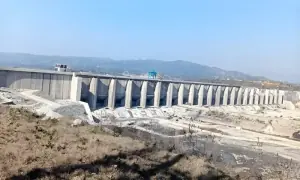
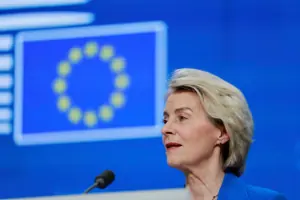
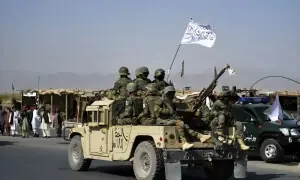
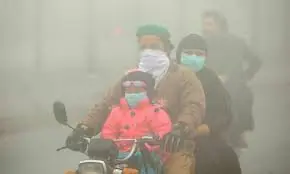
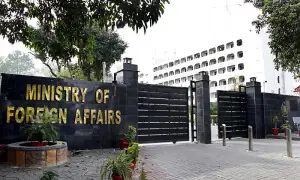
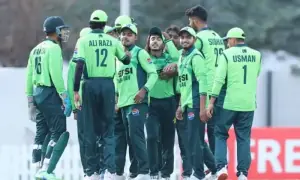
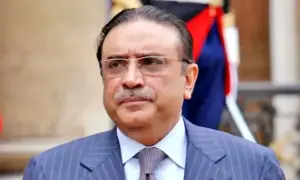
Comments are closed on this story.